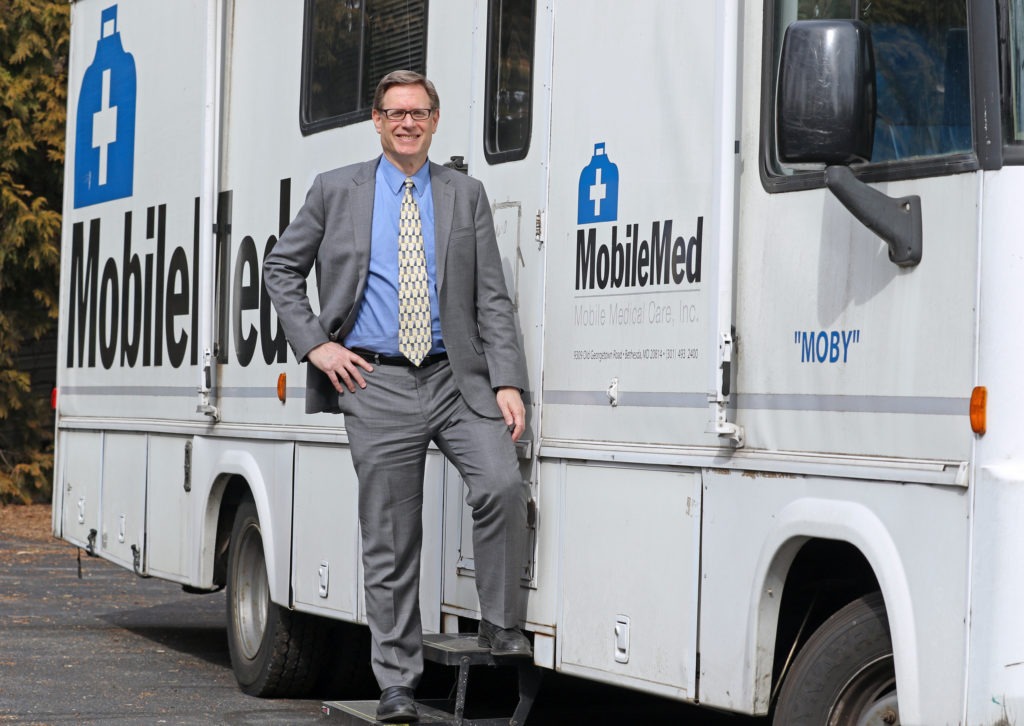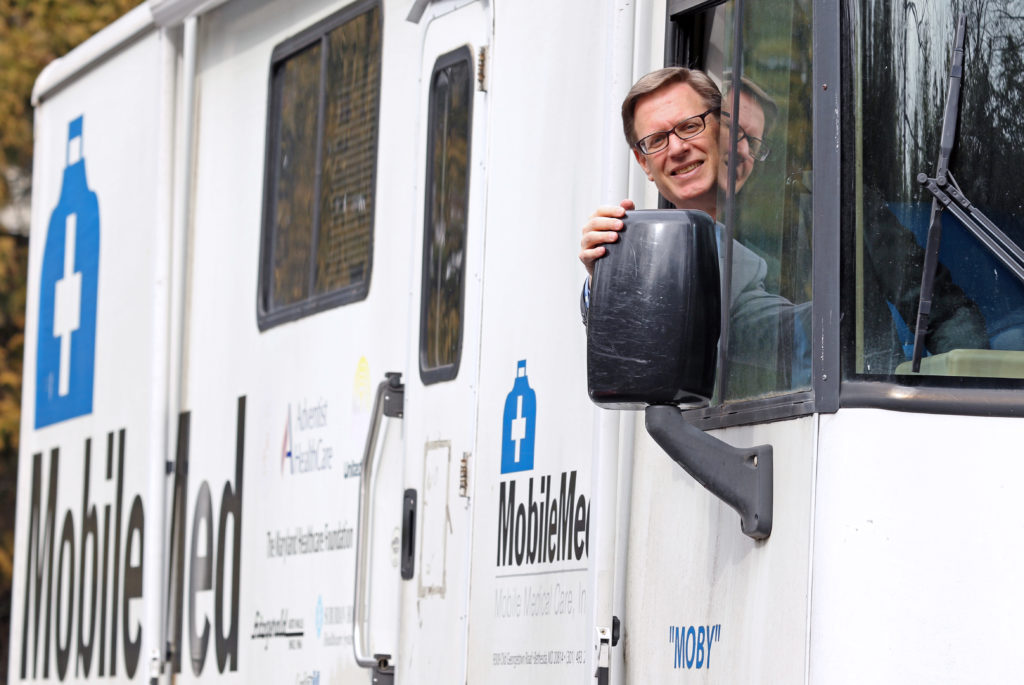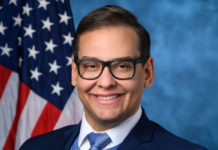
As Montgomery County slides down the list of the wealthiest counties in the country—from number one to number 17, according to U.S. Census data—the need for services for the underprivileged grows, especially in health care. The county’s evolving diversity, not only ethnically but economically, makes delivering health care to an expanding lower socioeconomic demographic even more of a challenge.
A not-for-profit organization called Mobile Medical Care (MobileMed) has been traveling the county for more than 50 years to help reduce disparities of health care and access to it. MobileMed was founded by doctors Arnold Meyersburg and George Cohen with the mission to provide quality healthcare to disadvantaged residents who otherwise might forego necessary care due to financial or cultural constraints. It has evolved into a key element in the health care system for the underprivileged population.
“At the beginning, it was a few volunteer doctors working in predominantly African-American neighborhoods when the county schools and other services were first desegregating,” says executive director Peter F. Lowet. “Our first clinic was in a church basement in the KenGar neighborhood, where volunteers arrived with a station wagon full of medical supplies and partnered with local community members.”
With demographic changes in the county over the last half-century, the mission has grown to include far more than mobile medicine. MobileMed now operates three mobile van sites as well as two homeless shelters. Two innovative weekly specialty clinics in heart and endocrine medicine are run in collaboration with the National Institutes of Health and Suburban Hospital. Other weekly specialty services include a women’s clinic with primary gynecological care, and podiatry and optometry for diabetic patients.
“We engage in extensive outreach to hard-to-reach populations in collaboration with diverse community organizations,” Lowet says. “We never turn anyone away for inability to pay.”
About half of the patients MobileMed sees have incomes below the federal poverty line, and 80 percent have no health insurance, usually because they are ineligible for Medicaid
or subsidies.
MobileMed is a 501c3 that has been recognized as “One of the Best” by the Catalogue for Philanthropy and holds a Platinum rating with GuideStar. In 2015 MobileMed was designated a Federally Qualified Health Center for its success in addressing the needs of the community’s medically underserved.
Federal grants support the program and its robust outreach. The county government provides support through its Montgomery Cares program for low-income, uninsured residents. Some money comes from patient service revenue through Medicaid and from a modest patient sliding fee scale. Those sources and the generosity of community means that 84 cents of every dollar goes to patient care.

MobileMed now has a full-time medical team, and millions of dollars of in-kind services come from places like Adventist HealthCare, Suburban Hospital and private-practice specialists, allowing the unit to expand its reach. About 25 percent of medical visits are served by volunteers.
For a lot of low-income residents, MobileMed is a true primary care home. “Many low-income people tend to defer care until it becomes an emergency,” Lowet says.“The value (of MobileMed to the community) is even higher since we serve a disproportionate number of people with chronic diseases like hypertension or diabetes, who need regular medical management.”
MobileMed has also integrated behavioral health into its care. Many patients address their depression or anxiety after being screened in a less-stigmatized medical setting like MobileMed.
“Many disparities still exist due to economic and cultural barriers. Increasingly, the people facing these barriers are immigrants and many have limited English proficiency, which makes navigating the healthcare system even harder,” says Lowet. “MobileMed’s model has changed, but we still focus on reducing disparities by providing high-quality care to those in need.”




